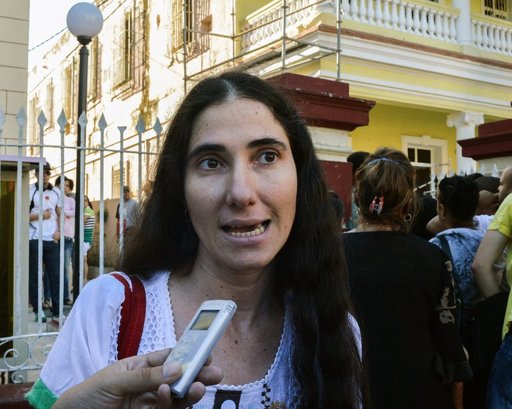MIDDLEBURY, Vermont: The events aboard the Mavi Marmara were a disaster. It seems that on that point, everyone agrees. Where I stand, this is not primarily because they were a PR nightmare for Israel’s image abroad, but because nine people were killed-whether the shooting was provoked or not-because of a blockade that is corrupting Israel’s soul and clouding its ability to see rationally.
There exists in Israel a powerful fear — the traumatic societal residue of blown-up buses and falling rockets, beaten to the rhythm of the ever-growing Iranian threat. The root of this fear is unquestionably legitimate, but this fear has been manipulated by leaders whose actions in the name of security have actually made Israel far more existentially insecure than could all of its military enemies combined. Israel’s most powerful threat is not a boat full of angry activists or a community of hateful bloggers. Israel’s most powerful threat is not Syria nor is it Hamas or Hezbollah or even Iran. Israel’s most powerful threat-and here I paraphrase a claim that was made by defence minister Ehud Barak — comes from the lack of progress towards a two-state solution and towards peace.
I was told recently, in the midst of a heated political argument with an Israeli acquaintance, that I could not understand what was going on due to my "mabat chitzoni", my "outside perspective". I was born in Jerusalem, and I am a Jew who feels a deep connection to the land of Israel, but I have lived for the majority of my life in America. Perhaps, then, this acquaintance was right: perhaps my mabat chitzoni prevents me from understanding how blocking certain foods and not allowing exports out of Gaza increases Israel’s security. Perhaps it is my mabat chitzoni that sees the blockade failing to accomplish any of its possible strategic goals: failing to facilitate the release of Gilad Shalit, failing to encourage the people of Gaza to rise up and overthrow Hamas, failing to stop rockets from coming into Gaza. Perhaps it is only because of my mabat chitzoni that I —recalling the words of Martin Buber, who wrote that "no one who counts themselves among the ranks of Israel can desire to use force" — was so disturbed by official Israeli defensiveness about the events aboard the Mavi Marmara and broader Israeli willingness to support or ignore the morally and strategically backwards blockade of Gaza, although the recent Israeli decision to ease the blockade was a welcome development. But easing the blockade is only the first of many steps the Israeli government needs to take.
We need serious change — we need peace —and we need it now.
There are some who argue that it is not appropriate for those of us approaching the issue from a mabat chitzoni to criticize, to challenge, to meddle. Living outside of Israel, they claim, we cannot understand the challenges facing Israel, and do not have the right to tell Israeli politicians how to act. But the mabat chitzoni of Israel’s supporters can, in certain cases, afford a clearer vision. From a distance, we can look at the larger arguments, and see the suffering on both sides. From my perspective as a Jew, as an American, as a Zionist and as a humanist, I see that Israel’s actions are hurting the Palestinians and that indeed the continued conflict undermines both the potential for international stability and the potential for Israel to remain a Jewish and democratic homeland. I thus believe that it is not only appropriate for those of us with a mabat chitzoni to criticize certain actions taken by Israel, it is an obligation.
The United States’ government also has an outside perspective, albeit one that is different from my own, and is motivated primarily by national interest. However, in the case of the Israeli-Palestinian conflict, American strategic interests coincide strikingly with my personal, Jewish dreams in that they too would be greatly served by a peaceful resolution to the Israeli-Palestinian conflict. And America is-in all likelihood-the only ally to which Israel will listen. American engagement is thus crucial to securing Israel’s future Jewish and democratic homeland and ensuring the creation of an independent, viable Palestinian state. It pains me to ask the United States’ government to help my people, the Jewish people, do what we should be able to do on our own, but frankly, I am afraid of what will come of us if we are left alone. We need help in achieving peace: we need help in saving ourselves.
Moriel Rothman was born in Jerusalem and is a rising senior at Middlebury College. He is the President of the J Street U National Student Board. . This piece originally appeared on J Street U’s Street Cred blog, http://blog.newvoices.org.It’s distributed by the Common Grounds News Service (CGNews).



